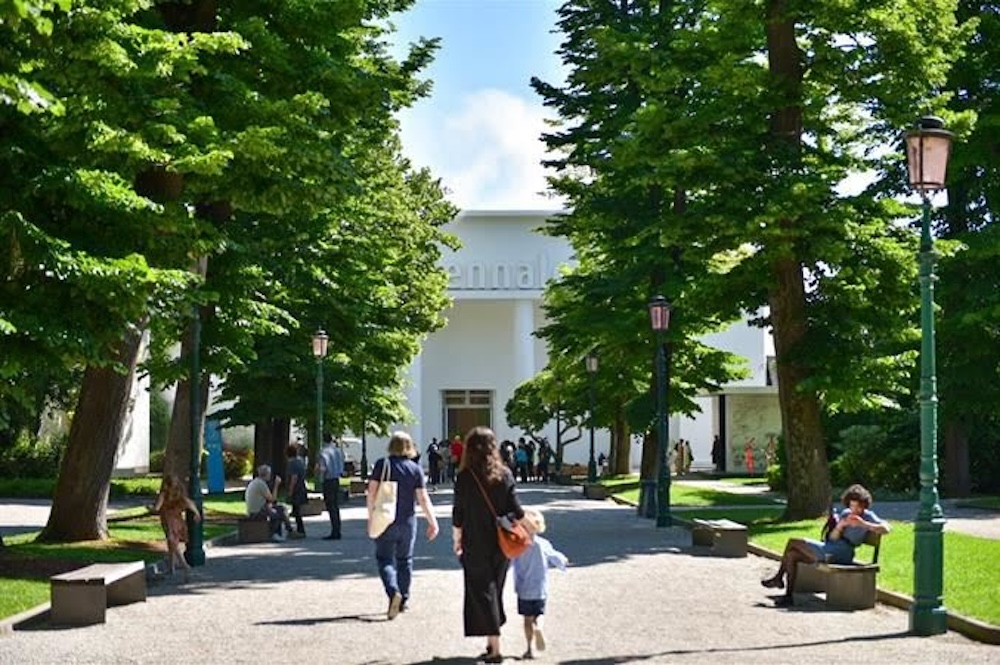Venice Biennale, an international art exhibition that showcases the works of artists from all around the world. The theme appears to reflect the current global climate, where the movement of people across borders has become a significant point of contention.
Throughout history, societies have grappled with issues related to migration and foreignness. From the ancient world to the modern era, migrations have shaped countries and cultures, bringing new ideas, languages, and customs. We need only look to the great empires of yesterday, such as the Roman Empire or the Islamic Caliphates, to see the transformative power of migration.
However, the movement of people has not always been met with open arms. History has seen moments of xenophobia, discrimination, and exclusion. The most extreme examples are perhaps the Holocaust and the internment camps during World War II. These atrocities remind us of the dangers of seeing foreigners as threats rather than as fellow human beings.
In recent times, the issue of migration has become highly politicized. Governments and societies are grappling with questions of national identity, cultural preservation, and economic impact. The rise of populism and nationalism has created a climate of fear and mistrust towards those deemed as “foreigners.” We have seen this in the rhetoric surrounding immigration policies, the building of walls, and the rise of xenophobic political parties.
The theme of Stranieri Uvunque (Foreigners Everywhere) at the 60th Venice Biennale seems to delve into these complex issues surrounding migration and foreignness. It invites artists to explore the concept of being a stranger, an outsider, or a foreigner in a world that is becoming increasingly connected yet divided.
In a time when walls are being erected and borders are being tightened, it is essential to engage in a dialogue that challenges the narrative of fear and exclusion. Art has always been a powerful medium to provoke thought, inspire empathy, and challenge the status quo. By showcasing the works of artists from different cultural backgrounds, the Venice Biennale hopes to foster a better understanding of the experiences and contributions of foreigners everywhere.
As we navigate the complexities of a globalized world, we must remember that the movement of people is not only inevitable but also necessary for progress and cultural exchange. Through the lens of art, we have the opportunity to celebrate the richness and diversity that immigrants bring to our societies, and to challenge the notion that foreigners should be feared or rejected.
Let the 60th Venice Biennale serve as a reminder that we are all foreigners somewhere, and that embracing our shared humanity is the key to a more inclusive and interconnected world.

